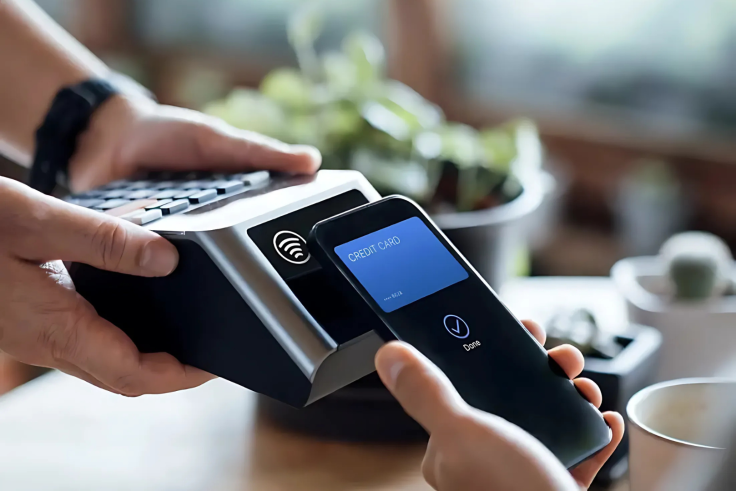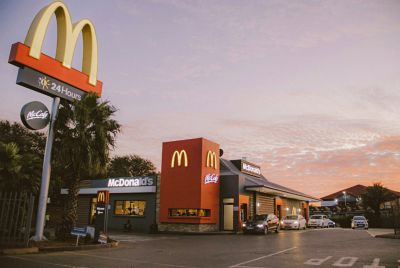How to Choose the Right POS Terminal for Your Business
From payment flexibility to future-proof features, here's what to look for in a POS system that truly fits your business

Choosing the right point-of-sale (POS) terminal is crucial for streamlining operations, improving customer experience and enhancing the overall efficiency of a business. Whether for running a café, retail shop or any service-oriented business, selecting the right POS system can significantly impact a business' daily operations and bottom line.
Understand Your Business Needs
Before diving into the features of various POS terminals, it's essential to assess the unique needs of a business. Different businesses have different transaction requirements and a one-size-fits-all approach doesn't always work. Take time to evaluate the following aspects:
- Transaction volume: Is the business processing hundreds of transactions a day or just a few? A high-traffic business such as a retail store might require a more robust POS system capable of handling large volumes, while a smaller boutique might only need a basic setup
- Type of payments: Does the business need to accept various forms of payment, such as card payments, contactless transactions, mobile wallets or even cash? Ensure the POS terminal can accommodate all these options, providing flexibility for customers
- Integration with other tools: Many businesses rely on accounting software, inventory management systems or loyalty programmes. Ensure that the POS system can integrate seamlessly with these tools to avoid duplication of work and errors
By understanding the specific requirements of each business, merchants can narrow down the options that best match their needs.
Key Features to Look For
The features of a POS terminal should align with each business's operational requirements. Here are some essential features to consider when choosing the right system:
- Ease of use: A POS system should be user-friendly, allowing staff to learn how to operate it quickly. Look for systems with intuitive interfaces that don't require extensive training
- Customer support: Reliable customer support is essential when issues arise. Make sure the provider offers timely assistance, whether through phone, email or live chat
- Reporting capabilities: Good reporting tools help track sales, monitor inventory and analyse customer data. Merchants will want a POS system that provides detailed, customisable reports to help them make informed decisions
- Cloud-based or local storage: A cloud-based POS system offers flexibility, allowing merchants to access sales data remotely. This is particularly useful for multi-location businesses or to check reports outside of working hours. However, if a business operates in an area with unreliable internet, a local storage system may be more suitable
The ideal POS terminal will have these features while being simple enough for staff to operate efficiently.
Hardware Compatibility and Scalability
While software is an essential part of any POS system, hardware compatibility plays a significant role as well. Point of sale system comes with various hardware options such as receipt printers, barcode scanners and cash drawers. It's important to ensure that the POS terminal chosen for each business supports all the necessary hardware for its specific needs.
Additionally, scalability is a factor to consider. As a business grows, it may require more terminals or new functionality. Merchants should choose a POS system that can easily be upgraded or expanded to accommodate future changes in their business.
Whether a merchant is opening a second location or introducing new payment methods, they must ensure the system can grow with their business.
Research the Options and Make an Informed Decision
With so many point of sale systems available, it can be overwhelming to choose the right one. Research is key. Take the time to explore various systems, read reviews and test out demo versions to see how they work in real-time.
By researching and comparing the features, user feedback and support options, merchants can ensure they select the best point of sale system for their business.
Selecting the right POS terminal involves careful consideration of a business's needs, the features that will benefit it most, hardware compatibility and scalability. Merchants should make sure to thoroughly evaluate their options and choose a system that will support the long-term success of their business.
© Copyright IBTimes 2025. All rights reserved.





















